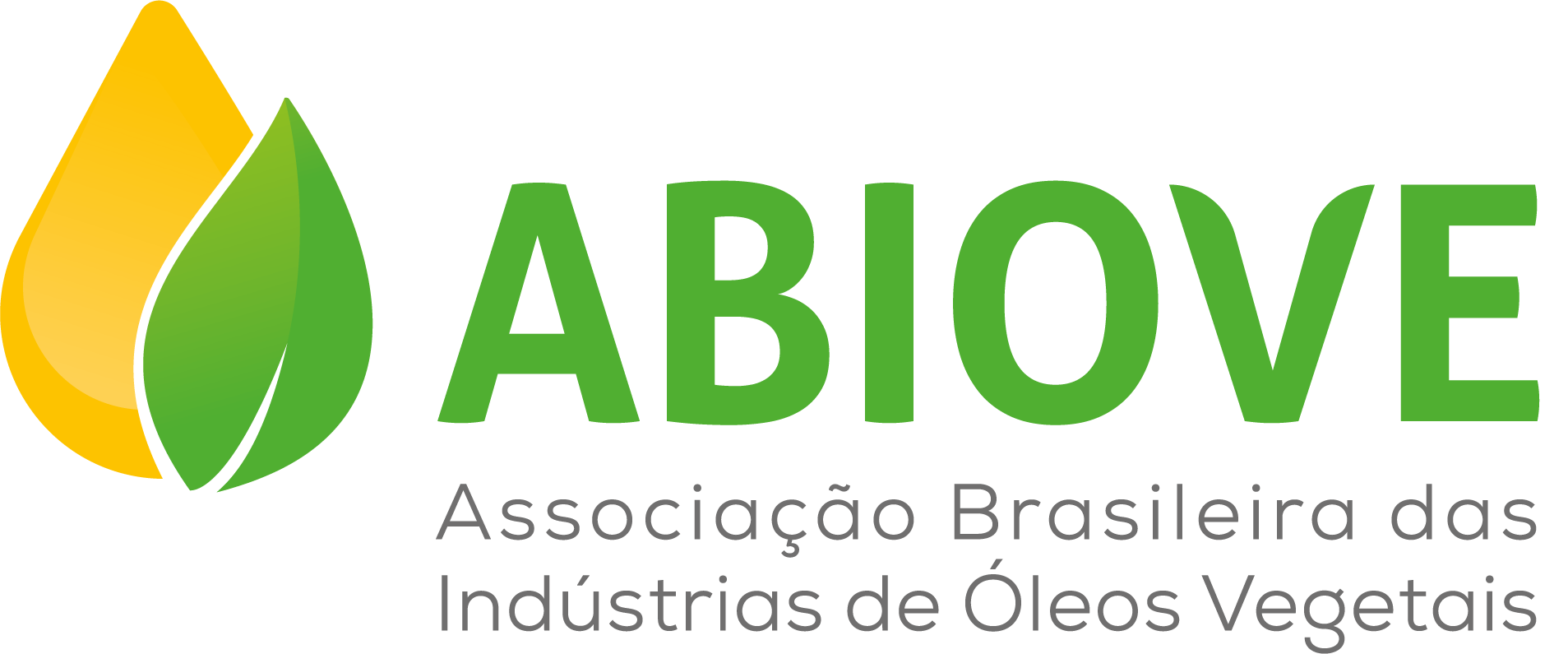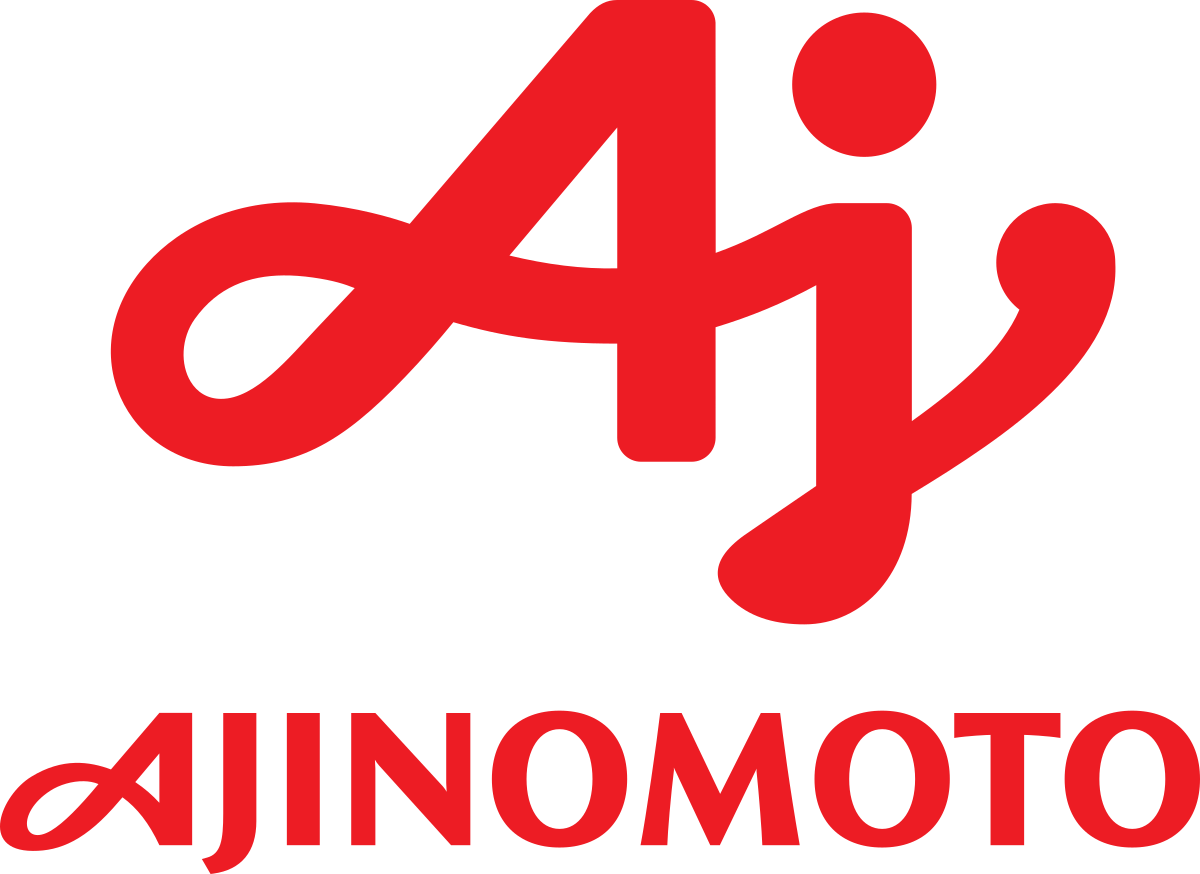Company Directory - Brazilian Association of Vegetable Oil Industries
Company Details - Brazilian Association of Vegetable Oil Industries

Brazilian Association of Vegetable Oil Industries
WebsiteBrazil
The Brazilian Association of Vegetable Oil Industries (Abiove) is an influential trade association within the agribusiness sector in Brazil. It represents and supports the interests of the vegetable oil industry by promoting standards, innovation, and sustainable practices among its members.
CCI Score
CCI Score: Brazilian Association of Vegetable Oil Industries
-17.23
0.02%
Latest Event
Abiove Involvement in Agribusiness Lobby Threatening Indigenous Rights and the Environment
In the wake of discussions around the reconstruction of Brazil's BR-319 highway, Abiove's chairman, Blairo Maggi, was reported to have participated in high-level policy meetings that aimed to weaken the Soy Moratorium. This move has raised concerns over indigenous displacement and environmental degradation, as it appears to prioritize agribusiness interests over community rights and sustainable practices.
Take Action
So what can you do? It's time to make tough choices. Where will you cast your vote?
- Shop Alternatives
SEE ALL - Use Your Voice
OTHER TOOLS - Investigate
- Share the Score
SUPPORT CCI
ENABLER
Brazilian Association of Vegetable Oil Industries is currently rated as an Enabler.
Latest Events
 MAR112025
MAR112025In the wake of discussions around the reconstruction of Brazil's BR-319 highway, Abiove's chairman, Blairo Maggi, was reported to have participated in high-level policy meetings that aimed to weaken the Soy Moratorium. This move has raised concerns over indigenous displacement and environmental degradation, as it appears to prioritize agribusiness interests over community rights and sustainable practices.
 FEB242025
FEB242025The Brazilian grain traders association Abiove, representing major global agribusiness players, filed a lawsuit against a new 1.8% levy on grain exports from Maranhao. This legal challenge is seen as an effort to undermine state fiscal policy designed to foster public welfare and accountability, aligning corporate interests with strategies that prioritize profit over democratic taxation.
-40
Public and Political Behavior
March 24
Abiove's decision to contest the new export tax demonstrates a politically charged maneuver where the association prioritizes the economic interests of large agribusiness corporations over public regulatory efforts. By challenging progressive fiscal measures intended to fund public services and maintain accountability, the association is undermining democratic decisions and public benefit.
-60
Economic and Structural Influence
March 24
The legal challenge against the export tax is part of a broader effort to manipulate regulatory frameworks in favor of large-scale agribusiness. By contesting measures designed to ensure fair economic contribution, Abiove reinforces the influence of corporate power over state policies, potentially contributing to regulatory capture and diminishing public sector resources.
 NOV042024
NOV042024The Brazilian Association of Vegetable Oil Industries (Abiove) has publicly criticized the recent state law that overturns the soy moratorium—a policy that had significantly contributed to curbing Amazon deforestation. In a statement, Abiove’s sustainability director warned that companies committed to sustainable practices deserve greater support and benefits, arguing that the new legislation undermines ethical business practices and environmental protection.
+70
Public and Political Behavior
March 24
Abiove’s public stance against the overturning of the soy moratorium demonstrates a strong commitment to upholding sustainability and environmentally responsible policies. By criticizing a law that could potentially open the door to unsustainable agribusiness practices, the company positions itself favorably in terms of public and political behavior supportive of anti-authoritarian and anti-fascist values.
Brazilian State Law Overturns Soy Moratorium that Helped Curb Amazon Deforestation
+60
Business Practices and Ethical Responsibility
March 24
Abiove’s comments reflect a commitment to ethical business practices and sustainability, emphasizing that companies with strong green credentials should receive enhanced benefits rather than penalties. This stance aligns with principles of business practices and ethical responsibility, suggesting that the organization supports responsible trade and the protection of environmental standards.
Brazilian State Law Overturns Soy Moratorium that Helped Curb Amazon Deforestation
 NOV222023
NOV222023Abiove's executive president, André Nassar, criticized the EU's tight deadline for implementing anti-deforestation measures, arguing that the timeline is unfair to Brazilian producers and could disrupt essential trade flows. The association's stance raises concerns about lobbying efforts that prioritize short-term economic gains over environmental protection and ethical business practices.
-40
Public and Political Behavior
March 24
The association engaged in a public political dialogue and lobbied for a delay in the EU anti-deforestation law, reflecting an effort to influence regulatory processes to favor agribusiness interests. This activity undermines transparent policy-making and can indirectly support authoritarian practices by sidelining environmental and democratic concerns.
Vegetable oil association defends postponement of EU anti-deforestation law
-30
Business Practices and Ethical Responsibility
March 24
By advocating for a delay in critical environmental regulations, the association is prioritizing the economic interests of the agribusiness sector over ethical considerations such as environmental sustainability and the larger public interest, which can have broader societal and democratic implications.
Vegetable oil association defends postponement of EU anti-deforestation law
-20
Economic and Structural Influence
March 24
Pushing to postpone regulatory initiatives reflects attempts to influence economic structures and regulatory timing to favor industry processes. This maneuver can contribute to regulatory capture, undermining long-term structural reforms aimed at protecting the environment and public welfare.
Vegetable oil association defends postponement of EU anti-deforestation law
 MAY292023
MAY292023Abiove, the Brazilian Association of Vegetable Oil Industries, was recently designated as spokesperson by major agribusiness players like Cargill and COFCO. In this role, it assured that soybeans produced in areas interdicted due to environmental and indigenous rights concerns would be excluded from the supply chain. However, the vague nature of these guarantees, without clear independent verification, raises concerns over potential greenwashing and the protection of vulnerable indigenous lands.
-15
Business Practices and Ethical Responsibility
March 24
Abiove acts as a spokesperson for key agribusiness giants, offering assurances about excluding soy from interdicted areas. While on the surface this may appear as a commitment to ethical practices, the lack of transparency and robust verification on these claims casts doubt on the genuine protection of indigenous lands and environmental standards. This ambiguous stance serves corporate interests while potentially neglecting deeper structural issues and accountability, contributing indirectly to systemic exploitation.
-20
Supply Chain Ethics
March 24
Abiove’s guarantee that soy produced in areas interdicted by environmental agencies and overlapping with indigenous lands does not enter the supply chain is presented without adequate detail or independent oversight. This vague assurance raises significant concerns regarding supply chain ethics, suggesting that the group might be facilitating a cover for ongoing irregularities rather than instituting robust ethical practices to prevent exploitation of vulnerable indigenous communities.
Alternatives

Corporation
35.09
Chicago, United States
-22.13

Corporation
0.00

Westlake Village, United States
75.05

New York City, United States
73.64

Epping, Australia
63.72

Tokyo, Japan
55.94

Saskatoon, Canada
48.97

Singapore, Singapore
47.82

Burlington, United States
43.14
Industries
- 311224
- Soybean and Other Oilseed Processing
- 311225
- Fats and Oils Refining and Blending
- 424480
- Fresh Fruit and Vegetable Merchant Wholesalers
- 424490
- Other Grocery and Related Products Merchant Wholesalers